AMD goes big on 7nm at CES
From gamers to genomicists, AMD is lining up a 7nm solution for everyone

AMD has announced a range of new products and chips based on its 7nm manufacturing process, in stark contrast to Intel which is still ramping up to releasing its 10nm chips.
While Intel spent the majority of its CES press conference trying to convince the audience that its 10nm process was on track, AMD proceeded to build on its manufacturing process advantage, essentially announcing a full suite of 7nm solutions.
AMD President and CEO, Dr. Lisa Su delivered an enthusiastic presentation that focused squarely on high performance computing in every environment. From gaming, to scientific research, to content creation, to cloud server platforms, AMD is focused on making things run faster and more efficiently.
At the heart of that high-performance vision is its 7nm manufacturing process. The company first showcased this a couple of months ago when it launched the high performance compute-based Instinct GPUs, and officially announced the second generation EPYC server chip, based on the Zen 2 architecture.
A quick performance demo showed a single 64-core EPYC Rome chip up against two Intel Xeon 8180 28-core chips running the NAMD benchmark, with the single EPYC chip beating the twin Intel chips. AMD will start shipping EPYC Rome 7nm server chips in mid-2019.
Su wasn't just there to talk about products that had already been announced, and the really big news came in the form of the next generation graphics solution for gamers, the Radeon VII. Just like the Instinct GPUs announced last year, the Radeon VII is based on AMD's 7nm process, making it the world's first 7nm gaming GPU. With 60 compute units running at up to 1.8GHz, the Radeon VII can deliver a 25% performance increase over its predecessor while drawing the same level of power.
To demonstrate the power of Radeon VII, AMD fired up Capcom's forthcoming Devil May Cry 5 at 4K resolution running smoothly at over 60fps. Su announced that the Radeon VII will start shipping 07 February at $699 (546), putting 7nm GPUs into the mainstream market in a matter of weeks and only a few months after its HPC-focused 7nm GPUs started shipping.
Sign up today and you will receive a free copy of our Future Focus 2025 report - the leading guidance on AI, cybersecurity and other IT challenges as per 700+ senior executives
But Su had another big reveal up her sleeve, giving the audience a preview of AMD's third-generation Ryzen high performance desktop PC chip, based on the 7nm Zen 2 platform. As well as being the first 7nm desktop processor, this third-generation Ryzen is also the first desktop chip to support the new PCIE 4.0 standard.
AMD pitted this pre-production eight-core Ryzen chip against a similarly specced eight-core Intel Core i9 processor running the Cinebench multithreaded benchmark. The result of the head-to-head was surprisingly close, with the new Ryzen chip only narrowly beating the Intel opposition. Far more significant was the fact that the third-gen Ryzen chip performed the benchmark while using considerably less power, highlighting the power advantage that the 7nm process can deliver.
According to Su, we'll see third gen Ryzen chips hitting the market around the middle of 2019, essentially the same timeframe as the 7nm EPYC chips. If AMD hits its targets, it will have a full complement of 7nm solutions on the market months before Intel has pushed a 10nm chip out the door.
-
 Trump's AI executive order could leave US in a 'regulatory vacuum'
Trump's AI executive order could leave US in a 'regulatory vacuum'News Citing a "patchwork of 50 different regulatory regimes" and "ideological bias", President Trump wants rules to be set at a federal level
-
 TPUs: Google's home advantage
TPUs: Google's home advantageITPro Podcast How does TPU v7 stack up against Nvidia's latest chips – and can Google scale AI using only its own supply?
-
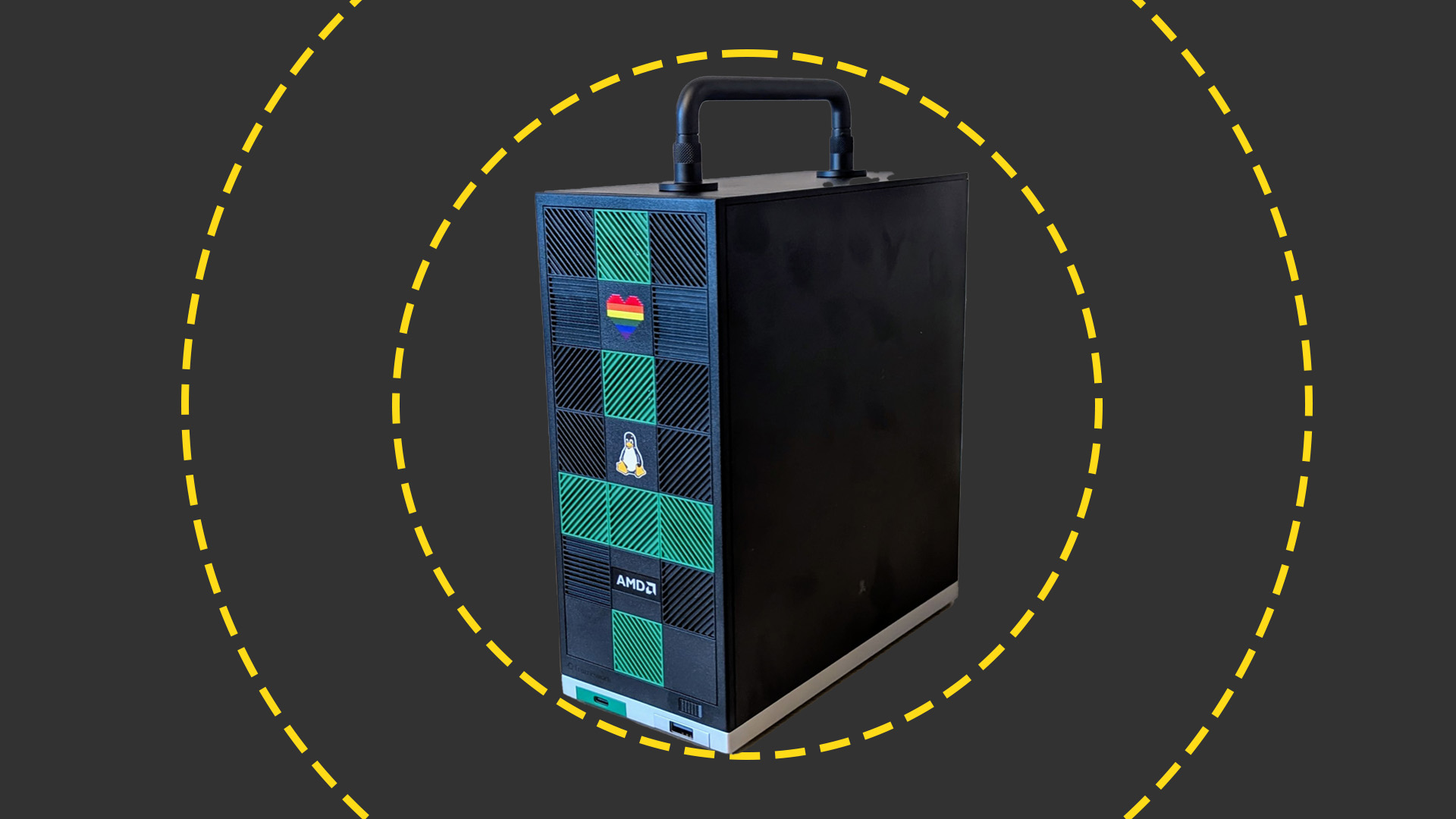 Framework Desktop review: Modular design and ferocious AMD performance
Framework Desktop review: Modular design and ferocious AMD performanceReviews AMD's Ryzen Max CPUs debut in Framework's impressive modular self-build small-form desktop PC
-
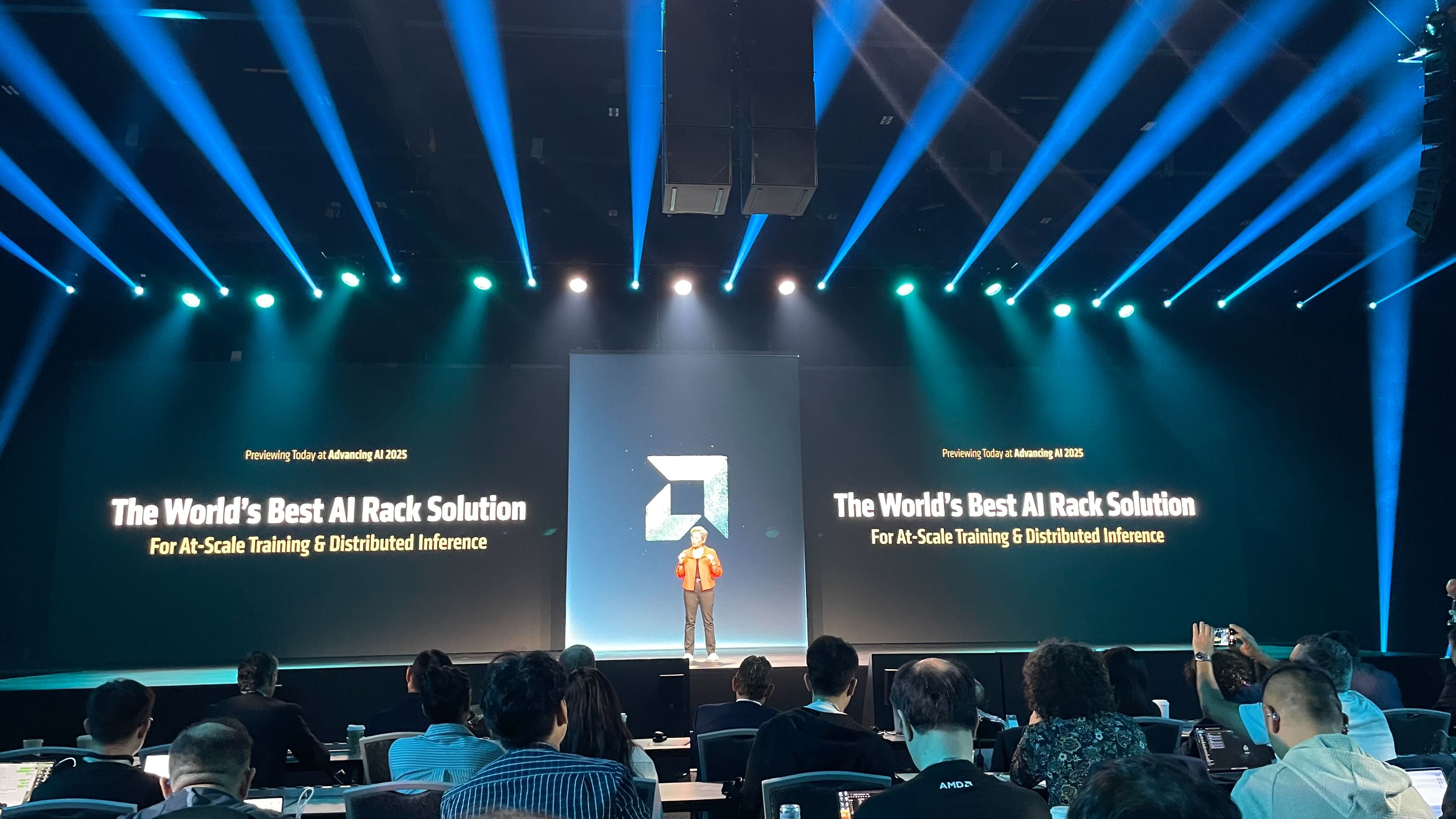 AMD chief exec Lisa Su says its new Helios AI rack is a 'game changer' for enterprises ramping up inference – here's why
AMD chief exec Lisa Su says its new Helios AI rack is a 'game changer' for enterprises ramping up inference – here's whyNews The integrated hardware offering will feature upcoming AMD chips and networking cards
-
 AMD Advancing AI 2025: All the latest news and updates from San Jose
AMD Advancing AI 2025: All the latest news and updates from San JoseFollow all the news and updates live from AMD's latest Advancing AI conference
-
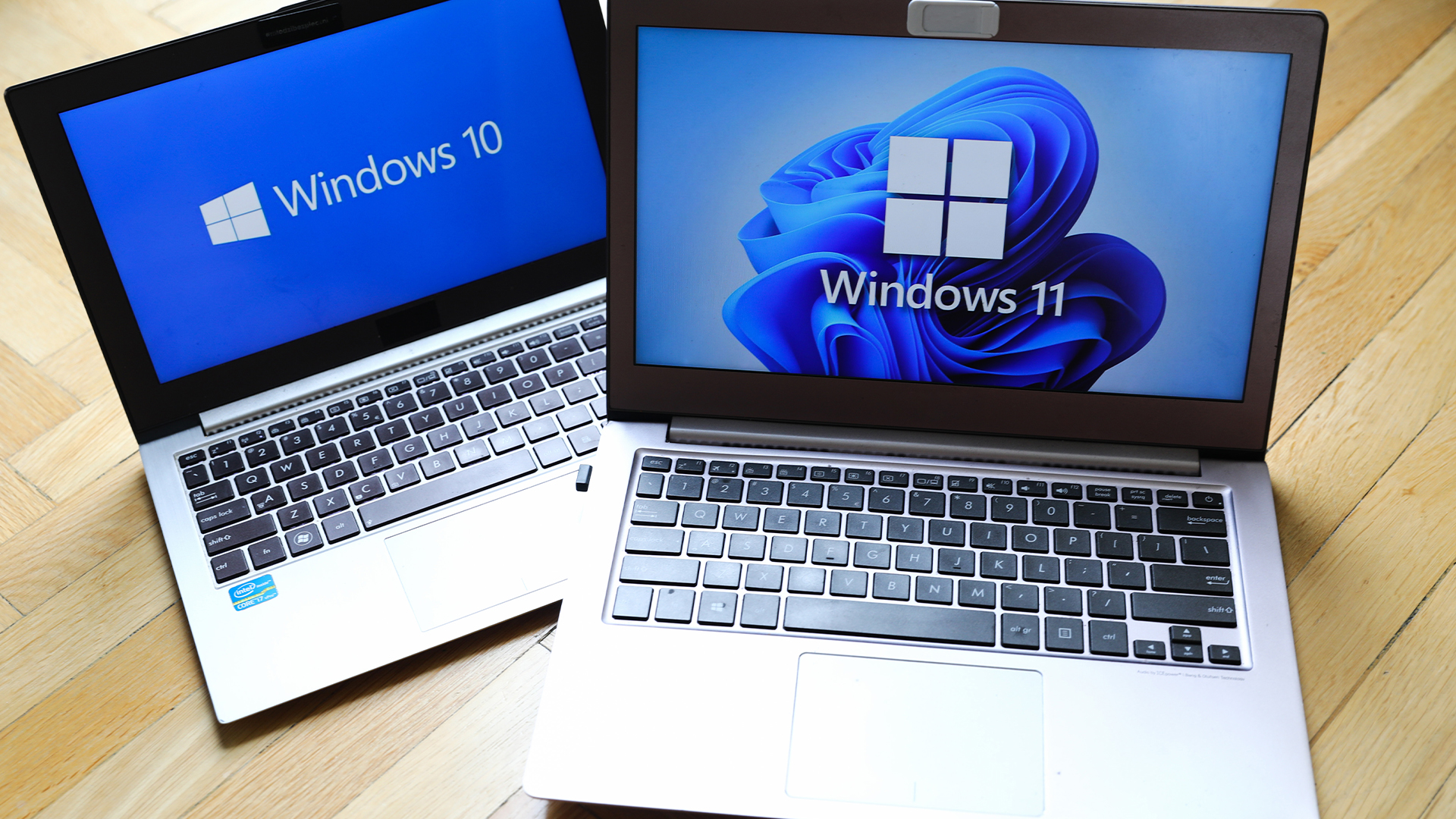 What enterprises need to be Windows 11 ready
What enterprises need to be Windows 11 readySupported Hardware purchasing will play a key role in delivering success during the Windows 11 migration rush
-
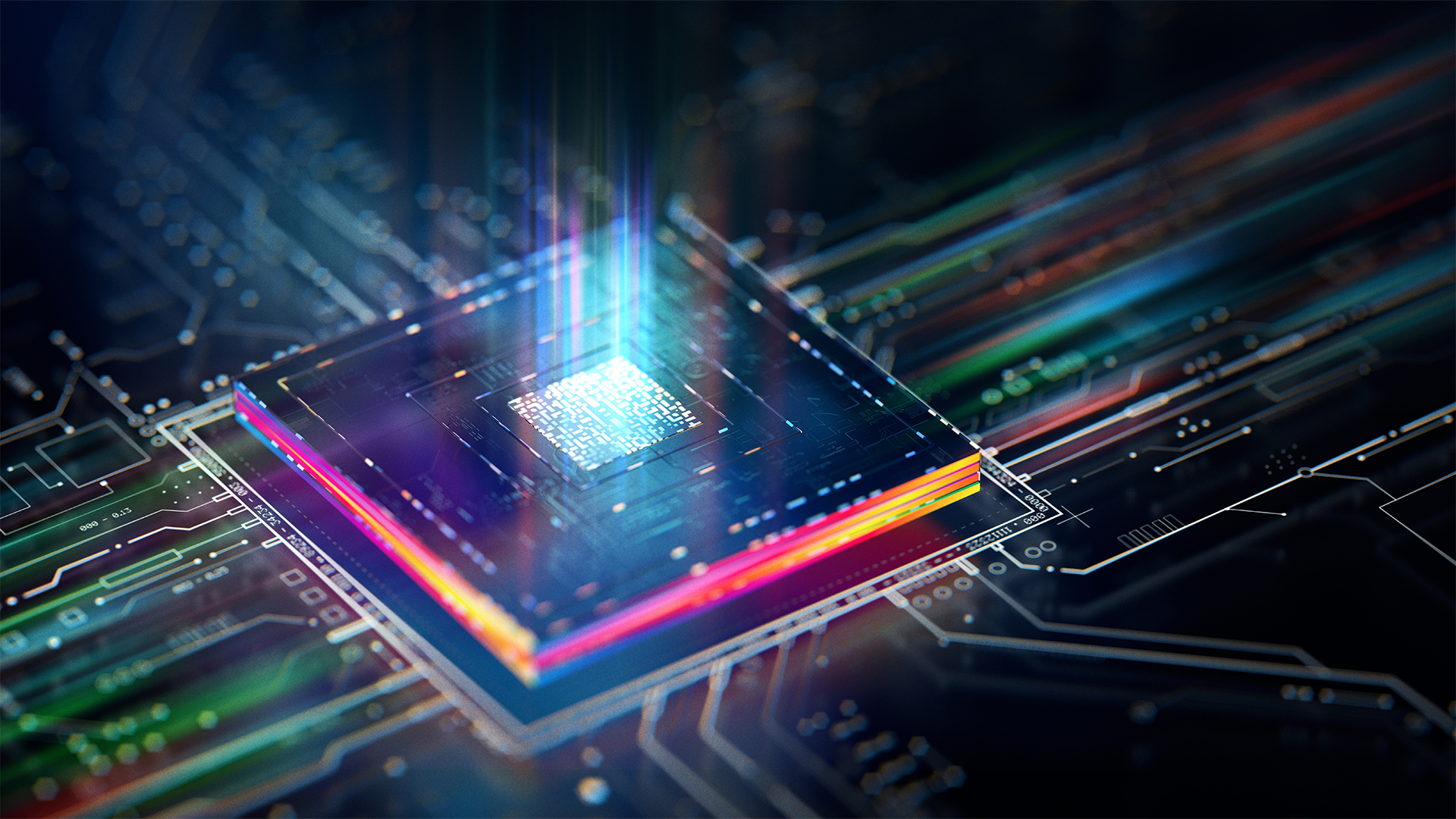 Why the CPU you chose is the key to Windows 11
Why the CPU you chose is the key to Windows 11Supported The end of Windows 10 is on the horizon – it’s time to upgrade to an fTPM-protected processor
-
 AMD and Intel’s new x86 advisory group looks to tackle Arm, but will it succeed?
AMD and Intel’s new x86 advisory group looks to tackle Arm, but will it succeed?News The pair will look to make x86 CPU architecture more interoperable
-
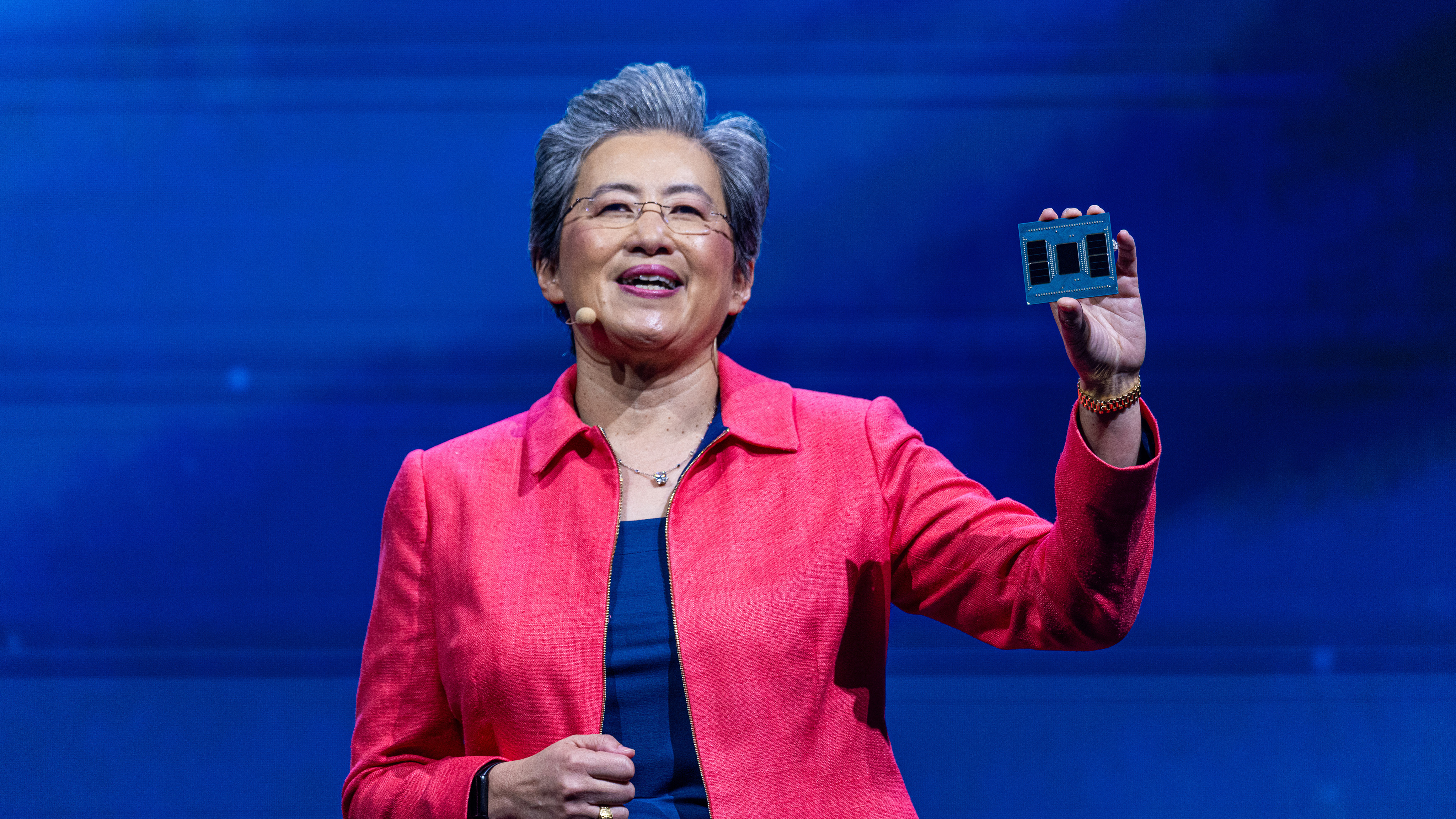 AMD’s patient roadmap has become a highway to success
AMD’s patient roadmap has become a highway to successAnalysis While everyone was focused on Nvidia’s meteoric rise, AMD was preparing the hardware needed to take the fight to its long-time competitor
-
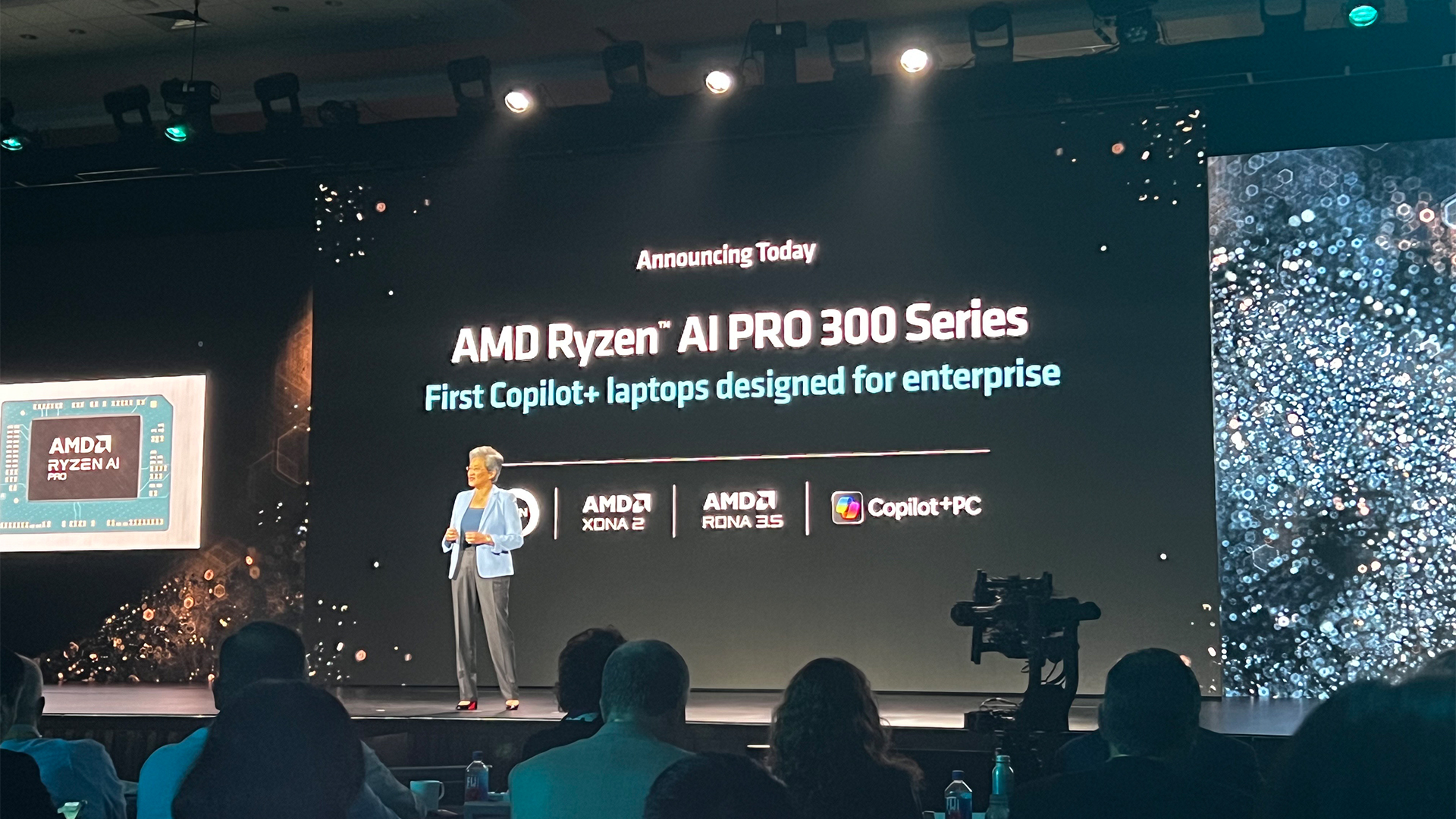 AMD just made a big statement in the AI PC race with its Ryzen AI Pro 300 series processors
AMD just made a big statement in the AI PC race with its Ryzen AI Pro 300 series processorsNews With all eyes focused on the AI PC craze, AMD looks to one-up the competition